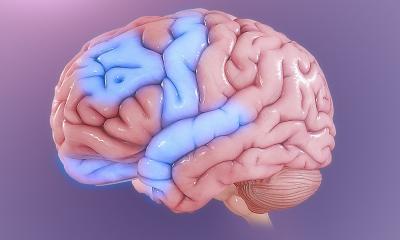News • Behind the PICS
Causes for cognitive impairment after intensive care explored
People who have been treated in intensive care commonly suffer from residual cognitive impairment, but the reason for this is unknown. Researchers at Karolinska Institutet now link cognitive impairment with lasting inflammation and a potential treatment target.
The results are presented in the scientific journal Intensive Care Medicine.
Every year, some 40,000 people are treated in intensive care in Sweden. More than three quarters of these critically ill patients survive, but many suffer subsequent cognitive impairment as part of what is known as the “post-intensive care syndrome” (PICS). The impairments in memory, attention, processing speed and problem solving can remain for years and prevent timely return to normal life and work for those affected.

Image source: Unsplash/Matteo Vistocco
“There are no specific treatments as the causes of the condition are unknown,” says Peder Olofsson, researcher at Karolinska Institutet’s Department of Medicine in Solna.
The study, which was led by Olofsson, followed 100 intensive care patients after discharge and found that they had elevated blood levels of the endogenous, pro-inflammatory protein HMGB1 at the time of discharge from hospital and at three and six months afterwards. This supports the hypothesis that some patients suffer from lasting inflammation of unknown origin after intensive care. High HMGB1 levels could also be linked to the attention deficit observed in the patients.
“More studies are needed to understand the connection in detail, but the finding gives us hope that this prolonged functional impairment can be treated with drugs designed to target HMGB1,” says Emily Brück, researcher at the same department and the study’s first author. “Earlier studies have shown that such substances can improve the cognitive function of mice that have survived a serious illness.”
Source: Karolinska Institutet
26.02.2020











